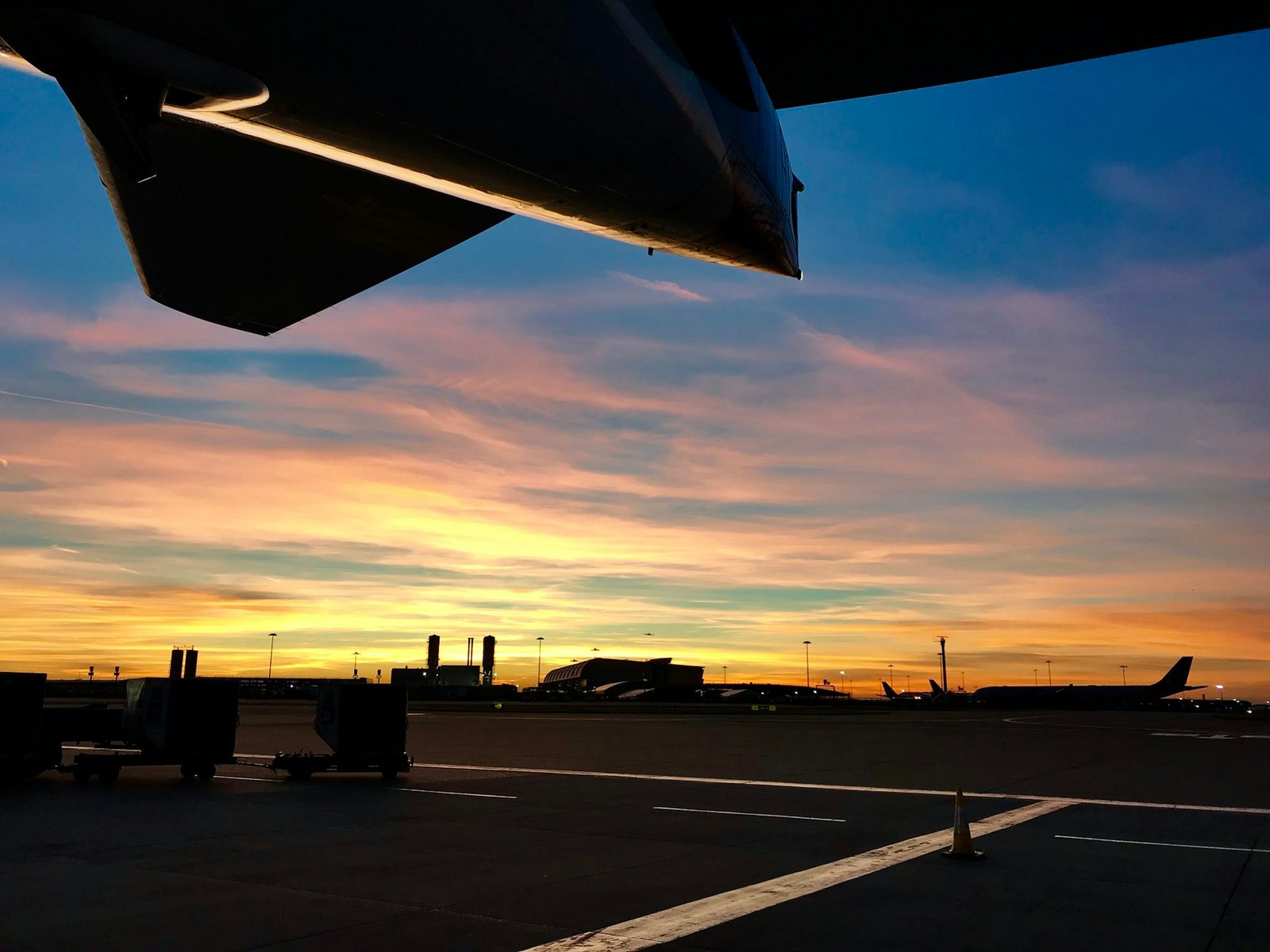luxxhop.xyz
Fashion This article examines how technological advancements are transforming the air Shopping travel Retail industry, enhancing efficiency, safety, and passenger luxxhop experience.
One of the most significant advancements in air travel technology is the evolution of booking systems. Traditional methods of booking flights through travel agents have largely been replaced by online platforms that allow travelers to compare prices, view schedules, and book flights in just a few clicks. Websites and mobile applications provide travelers with a wealth of information at their fingertips, enabling them to make informed decisions about their travel plans. This democratization of information has empowered consumers, fostering competition among airlines and leading to more favorable pricing.
Additionally, airlines have embraced dynamic pricing models, utilizing sophisticated algorithms to adjust fares based on demand, time of booking, and other factors. This not only helps airlines maximize their revenue but also offers travelers the opportunity to find the best deals. The ability to track price changes and receive alerts for fare drops has made the booking process more engaging and interactive for consumers.
Once travelers have booked their flights, technology continues to enhance their experience. Mobile boarding passes have become standard, allowing passengers to check in and board flights with minimal hassle. This shift toward digital solutions streamlines airport processes and reduces paper waste, contributing to more environmentally friendly practices in the industry. Furthermore, the introduction of biometric technologies at security checkpoints is speeding up the screening process, allowing for quicker transitions through airports.
In-flight technology has also evolved significantly, transforming the passenger experience at 30,000 feet. Many airlines now offer in-flight entertainment systems with a vast array of movies, television shows, and games, catering to diverse passenger preferences. Moreover, the availability of in-flight Wi-Fi has become increasingly common, enabling passengers to stay connected while traveling. This connectivity not only enhances the travel experience but also allows business travelers to work during their flights, making air travel more productive.
Safety is another area where technology plays a critical role. Airlines are utilizing advanced data analytics and machine learning to improve safety protocols and predict potential issues before they arise. For instance, predictive maintenance systems can analyze aircraft performance data in real time, alerting maintenance crews to potential problems before they become critical. This proactive approach to maintenance helps ensure that flights operate safely and efficiently, reducing the risk of delays and enhancing passenger confidence.
Furthermore, the implementation of advanced navigation systems and automation has streamlined flight operations. Pilots are now equipped with sophisticated avionics that provide real-time data on weather conditions, air traffic, and flight paths. These systems enable more efficient routing, reducing fuel consumption and minimizing delays. The move towards more automated systems in the cockpit is also paving the way for increased operational efficiency, as airlines explore the potential for autonomous flight in the future.
As technology continues to advance, the air luxxhop travel industry is also embracing sustainability through innovative solutions. Airlines are investing in more fuel-efficient aircraft and exploring alternative fuel sources, such as biofuels and electric propulsion systems. These efforts not only reduce carbon emissions but also appeal to environmentally conscious travelers who prioritize sustainability in their travel choices.
Moreover, many airports are adopting green technologies to enhance their sustainability efforts. Solar panels, energy-efficient lighting, and water conservation systems are just a few examples of how airports are working to minimize their environmental impact. By integrating sustainable practices into their operations, airports are not only reducing their carbon footprints but also improving the overall traveler experience.
The future of air travel technology also lies in the potential of artificial intelligence (AI) and machine learning. These technologies have the capacity to analyze vast amounts of data, allowing airlines to optimize everything from flight schedules to customer service interactions. AI-powered chatbots are increasingly being used to assist travelers with booking inquiries, flight status updates, and other customer service needs, providing quick and efficient support.
In addition, AI can enhance the personalization of travel experiences. Airlines can analyze passenger data to tailor services and offerings to individual preferences, whether it's suggesting personalized meal options or recommending activities at the destination. This level of customization not only improves passenger satisfaction but also fosters brand loyalty among travelers.
As air travel continues to rebound and grow, the integration of technology will remain a driving force in shaping the industry. The ongoing advancements in digital solutions, safety protocols, and sustainability practices demonstrate the aviation sector's commitment to innovation. As travelers become more accustomed to seamless, tech-driven experiences, airlines and airports will need to continue evolving to meet these expectations.
In conclusion, the impact of technology on air travel is transformative and far-reaching. From enhancing booking processes to improving safety and sustainability, technology is revolutionizing the industry. As we look to the future, the continued embrace of innovation will play a vital role in shaping the next generation of air travel, ensuring that it remains efficient, safe, Shopping and enjoyable for all passengers. The future of aviation promises exciting possibilities, driven by the power of technology to create a more connected and sustainable world.